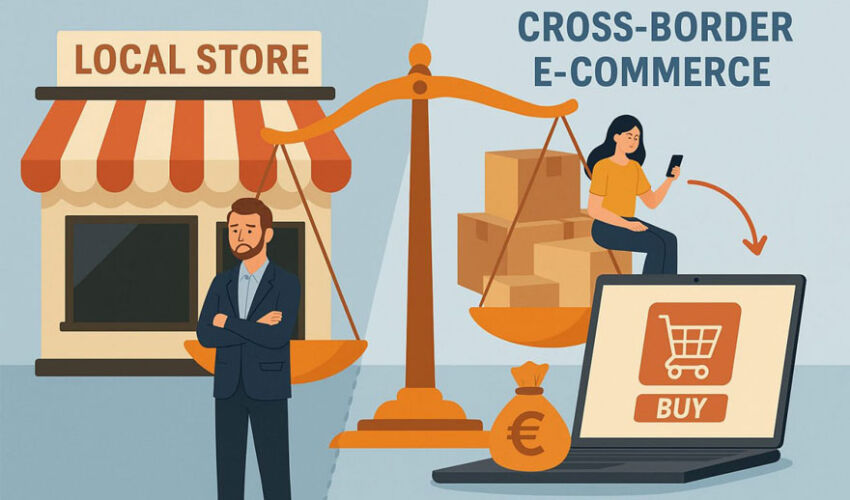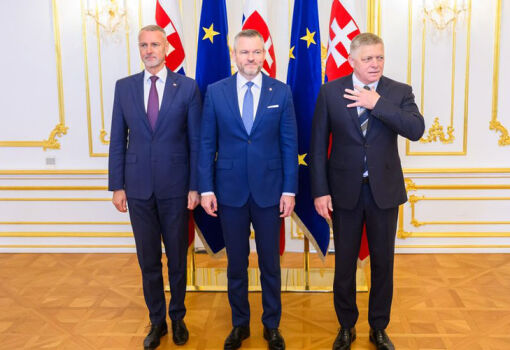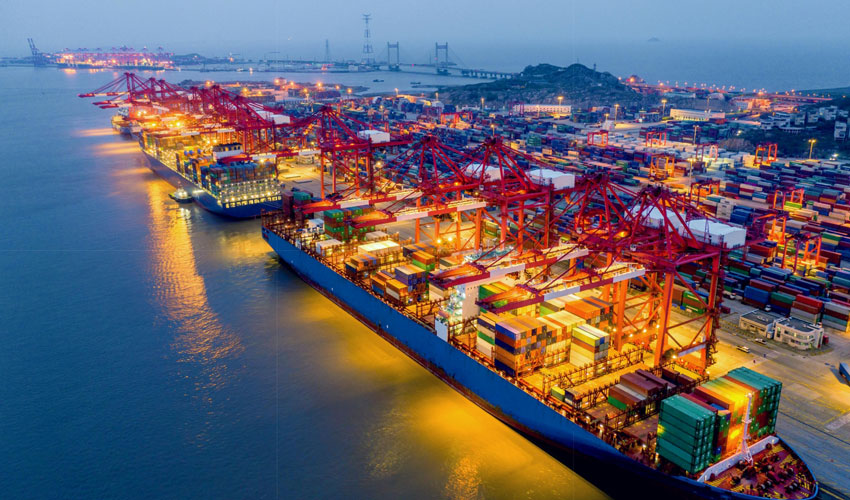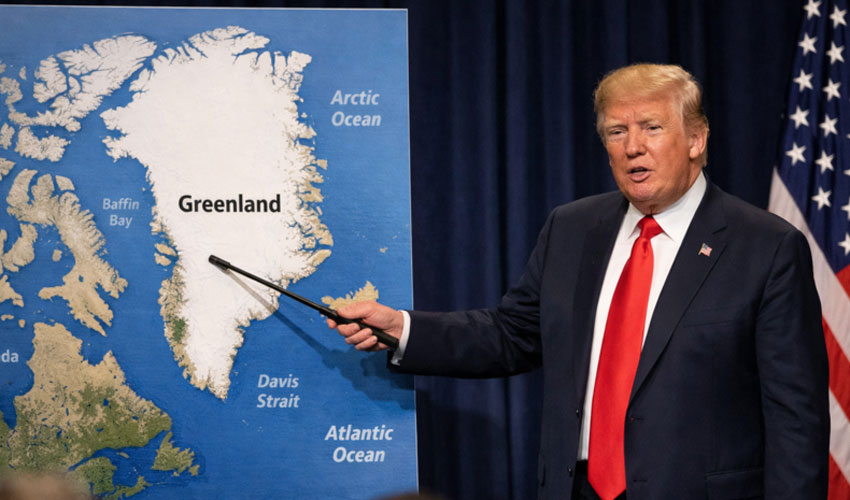
“At first glance, cross-border trade seems like good news for consumers: variety of goods, fast delivery and good prices. However, in addition to this convenience, local entrepreneurs increasingly speak of unbalanced competition and direct impact on the national economy,” notes the organization, which was founded by a group of American entrepreneurs working in Moldova.
In 2023, the annual volume of cross-border deliveries exceeded 720 thousand parcels with a total value of 24.4 million euros (including VAT). Approximately 88% of which came from China.
At the same time, however, not a single ban was paid as VAT, from which the Moldovan budget suffers. No one checks the safety of these products. And again no one is responsible for the consequences for local trade.
Yes, cross-border trade has many real advantages for consumers: accessibility and diversity (many products are not found on the local market and their prices are attractive); competition, which forces domestic businesses to invest in digitalization and better services; mutual opportunities (theoretically, local entrepreneurs can also sell their products abroad, if infrastructure and regulations allow them to do so).
But there are also hidden costs to the economy.
First, there are unequal conditions: sellers on external platforms pay different taxes and VAT, and some parcels receive logistical subsidies or bypass customs control.
Secondly, losses for the state budget, money that could be spent on education, infrastructure or SME support.
Thirdly, these are vulnerable consumers: without guarantees, returns or quality control, buyers may receive low-quality or unsafe products.
And fourth, the pressure on entrepreneurs: “How to compete with a $1.99 T-shirt, free shipping and zero taxes”?
Moldovan e-commerce entrepreneurs say they are not afraid of competition, but of the lack of equal rules.
“When a local entrepreneur producing products in Moldova competes with a Chinese platform that does not pay taxes, does not give guarantees and does not comply with local laws, we are talking about unfair competition,” conclude representatives of small businesses in Moldova.
“We are constantly investing in services, but we need a predictable and fair tax system,” said the founder of a Chisinau-based online store.
By the way, the European Union has already taken measures to limit such imbalances. It introduced the Import One Stop Shop (IOSS), a digital mechanism for collecting VAT from foreign sellers, and adopted the Product Safety Regulation (GPSR), which protects consumers and holds sellers responsible.
This regulation (GPSR) was approved in response to alerts from organizations such as Toy Industries of Europe (TIE), which have demonstrated through case studies the lack of control and risks posed by uncontrolled online trading.
In October 2024, TIE published a study highlighting the risks associated with the sale of toys by third-party merchants on online marketplaces. The organization purchased more than 100 toys from sellers inside and outside the EU through platforms such as AliExpress, Amazon Marketplace, Shein, Temu, Wish and others. The result was alarming: 80% of the toys did not meet EU safety standards and posed a serious health risk to children.
The main problem reported by TIE is a legislative loophole that allows sellers from outside the EU to avoid legal liability for product compliance if sales are made through an online platform. In these cases, the platforms are not considered economic operators, so they are not legally responsible for the safety of the products sold.
These studies directly contributed to the approval of the General Product Safety Regulation (GPSR), which came into force on December 13, 2024. The GPSR establishes clear responsibilities for online platforms and introduces enhanced safety measures for products sold to European consumers, including through e-commerce.
“If the thousands of toy manufacturers in the EU, 99% of which are SMEs, can guarantee the safety of their products, online platforms should be able to do the same. Every toy should bring joy, not danger,” said Catherine Van Reeth, CEO of TIE.
AIM appealed to the country’s authorities with recommendations: to introduce reasonable regulation rather than strict protectionism for foreign sellers; to promote local platforms and local digital entrepreneurs; to organize effective VAT collection and create a fair tax climate.
“All of this can only be realized with constant dialog between the authorities, SMEs and international partners,” AIM executive director Liliana Busuyoc told Logos Press.













